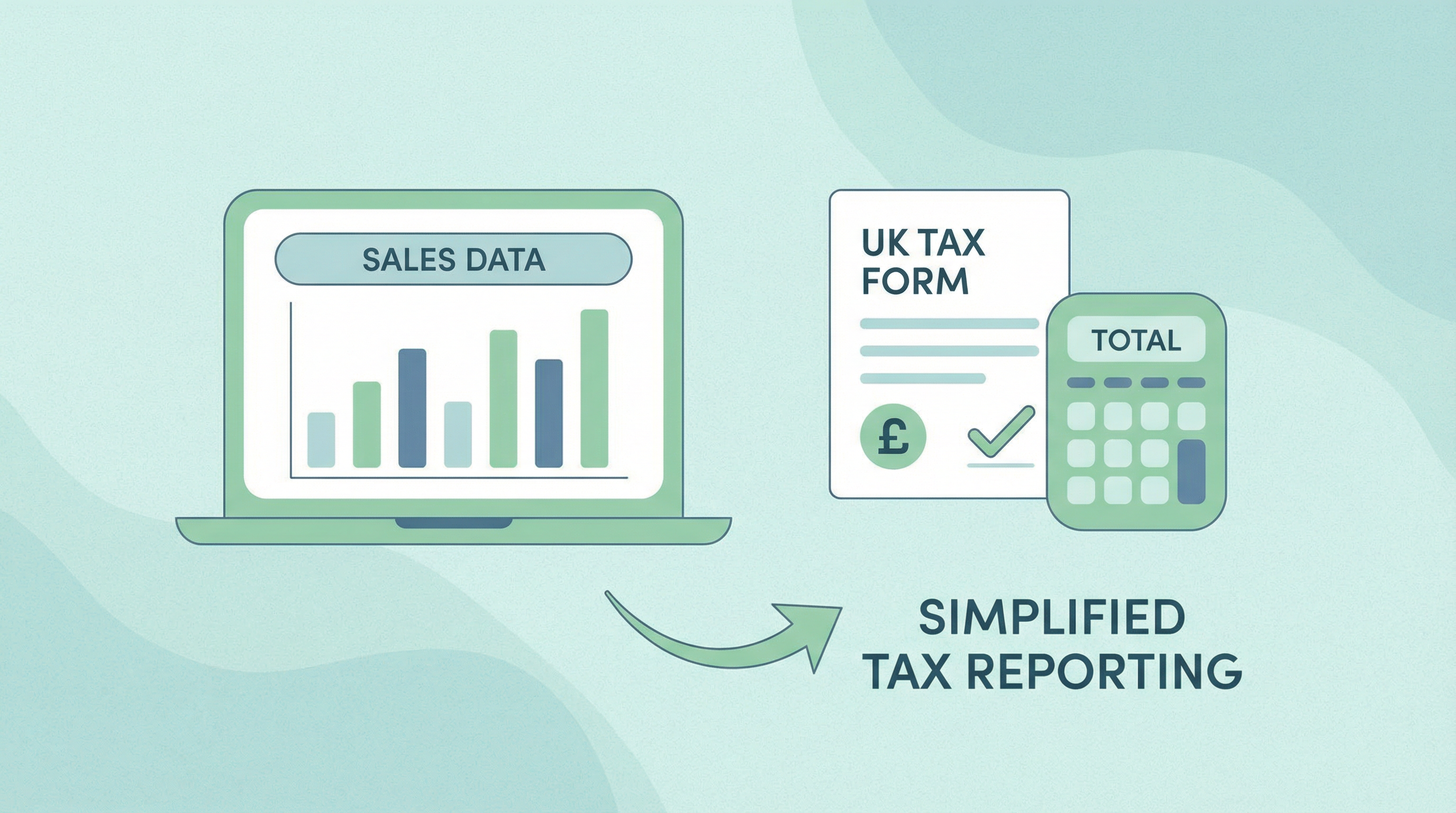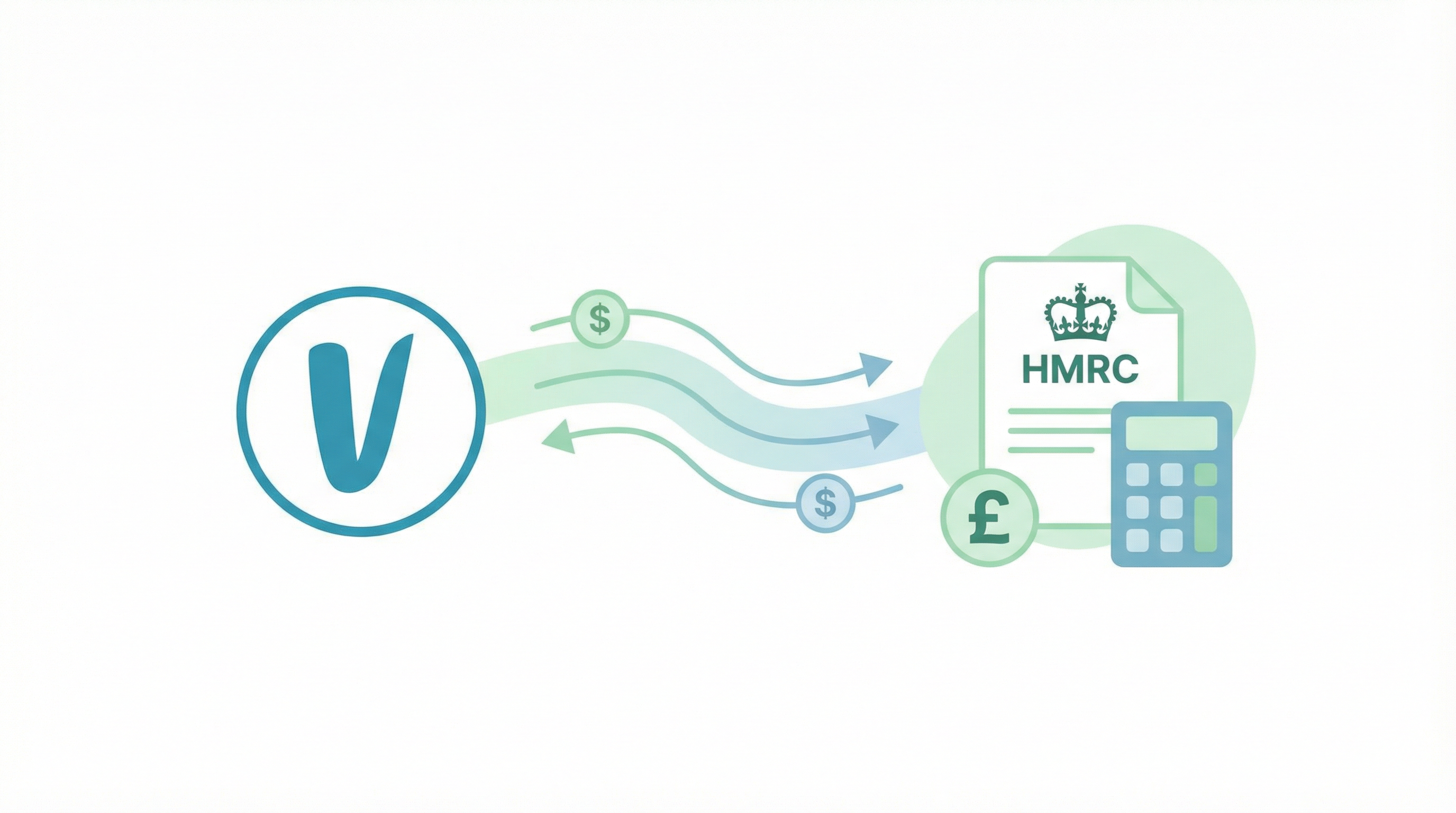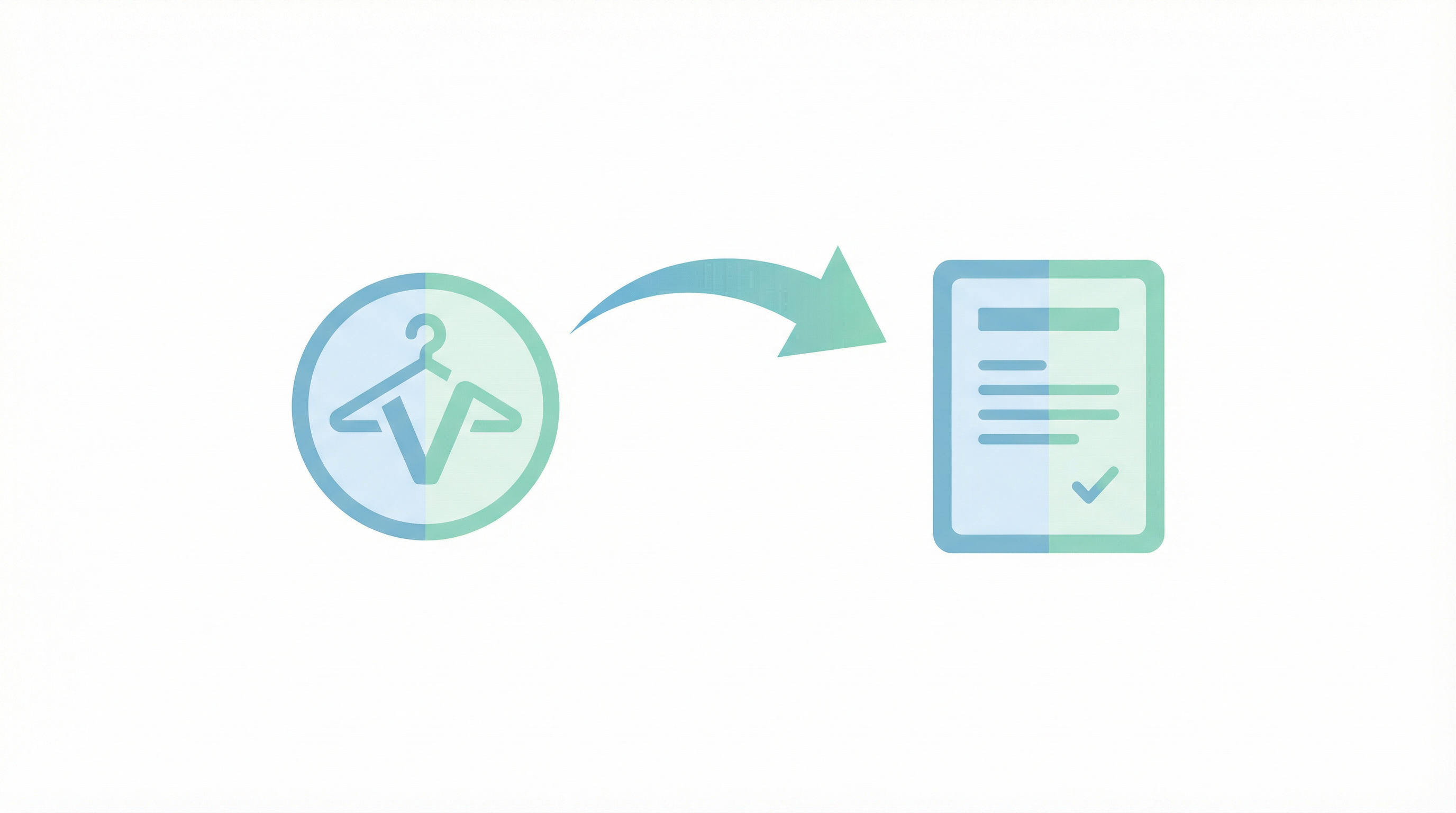The £1,000 Trading Allowance: What Vinted Sellers in the UK Need to Know
Legal Notice: Vinta.app is independent and not affiliated with Vinted; Vinted has not reviewed or approved this content; this material is for information only and does not constitute legal, tax, or accounting advice.
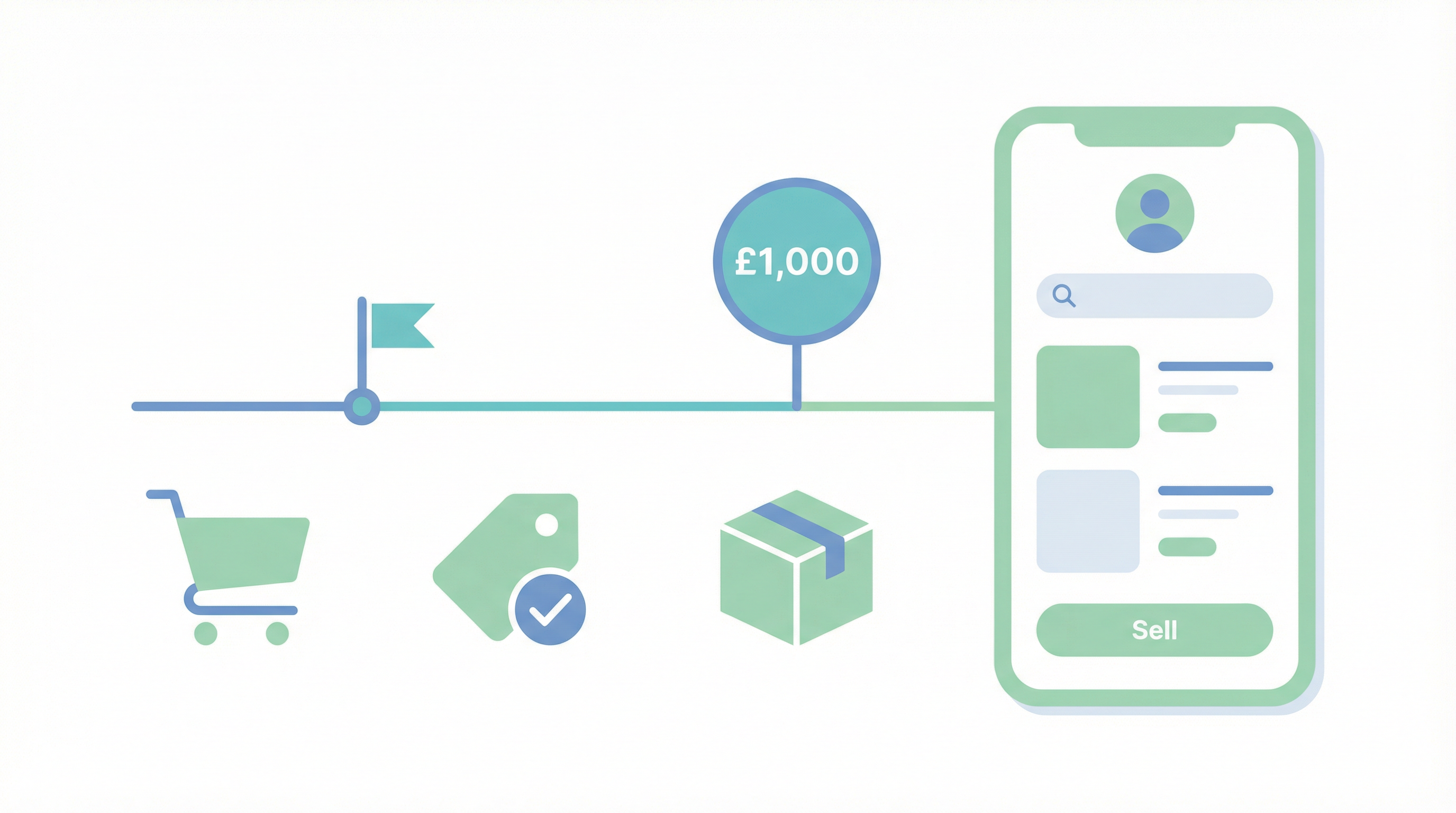
The £1,000 Trading Allowance: What Vinted Sellers in the UK Need to Know
If you're selling on Vinted or engaging in any other kind of side hustle in the UK, you might have heard about the "trading allowance." This £1,000 allowance can be a valuable tax break, but it's important to understand exactly what it is, who it applies to, and how it works for your Vinted sales.
This guide breaks down the UK's trading allowance to help Vinted sellers navigate their tax obligations with clarity.
What Exactly is the £1,000 Trading Allowance?
The trading allowance is a tax exemption introduced by the UK government. It allows individuals to earn up to £1,000 of gross income from certain types of activities in a tax year (6th April to 5th April) without having to register with HM Revenue & Customs (HMRC) or pay income tax on that specific income.
The allowance primarily covers:
- Trading income: This includes profits from self-employment, like running a small side business, freelancing, or buying and selling goods for profit (which can include some Vinted activities).
- Miscellaneous income: This can cover casual earnings from providing services or hiring out personal equipment.
The main aim of the allowance is to simplify the tax process for individuals who earn small amounts from these kinds of activities.
Key Features of the Trading Allowance:
- £1,000 Limit: You can earn up to £1,000 in gross income from relevant activities tax-free.
- Gross Income: This is your total earnings from these activities before deducting any expenses or fees.
- Per Tax Year: The allowance resets at the start of each new tax year.
- Combined Income: Crucially, the £1,000 allowance covers your total income from all eligible trading and miscellaneous sources combined, not £1,000 per platform or per type of activity. So, if you earn £600 from trading on Vinted and £500 from another qualifying side hustle, your total is £1,100, which is over the allowance.
How the Trading Allowance Applies to Vinted Sellers
Understanding how the trading allowance applies to your Vinted sales depends on the nature of your selling:
1. If You Are 'Trading' on Vinted: You are generally considered to be 'trading' if you buy items specifically to resell for a profit, make items to sell, or sell frequently and operate like a business. For Vinted sellers who are 'trading':
- Gross trading income is £1,000 or less: If your total gross income from these Vinted trading activities (plus any other eligible trading or miscellaneous income) is £1,000 or less in the tax year, you can benefit from "full relief." This means you do not need to register with HMRC for Self Assessment for this income, nor do you need to declare it or pay tax on it.
- Gross trading income is more than £1,000: If your total gross trading income exceeds £1,000 in the tax year, you must register for Self Assessment with HMRC and declare all of this income. When you fill out your tax return, you then have a choice:
- Option A: Deduct your actual allowable business expenses from your gross trading income to calculate your taxable profit.
- Option B: Deduct the £1,000 trading allowance from your gross trading income (you cannot deduct actual expenses as well if you choose this option). You would choose the option that results in a lower taxable profit. For example, if your gross trading income is £2,500 and your actual expenses are £700, using the trading allowance (£2,500 - £1,000 = £1,500 profit) is better than deducting actual expenses (£2,500 - £700 = £1,800 profit). However, if your expenses were £1,200, deducting actual expenses would be more beneficial.
2. If You Are Selling Your Own Personal, Unwanted Items (Not Trading): If you're simply decluttering your wardrobe and selling items you once owned for personal use, this is generally not considered 'trading'. In such cases, the trading allowance isn't the primary reason these sales are often tax-free. Selling personal possessions usually doesn't attract Income Tax because you're not operating a business with a profit motive (and often, you're selling items for less than you originally paid). The trading allowance is more specifically for income that would be taxable as trading or miscellaneous income.
Vinted Sales: Putting It All Together
- Casual Declutterer: Sells old personal clothes on Vinted, receives £400. This is likely not trading. The trading allowance isn't the main factor; these sales are generally not taxable income anyway.
- Small-Scale Trader: Buys vintage items to resell on Vinted. Gross income from this is £950 for the tax year. They can use the trading allowance and do not need to register or declare this income to HMRC.
- Growing Trader: Buys and resells items on Vinted, with gross income of £3,000. Their allowable expenses are £400. They must register for Self Assessment. They can choose to deduct the £1,000 trading allowance (taxable profit £2,000) or their actual expenses of £400 (taxable profit £2,600). Deducting the trading allowance is clearly better here.
How Vinta.app Helps You Navigate the Trading Allowance
Knowing your numbers is essential when it comes to the trading allowance. Vinta.app can provide crucial support:
- Track Your Gross Income from Vinted: Our platform gives you a clear and accurate overview of your total sales income from Vinted. This makes it easy to monitor whether you're approaching or have exceeded the £1,000 threshold from any activities you consider 'trading'.
- Make Informed Decisions: With precise income figures at your fingertips, you can make better-informed decisions about your potential tax obligations, whether you need to register with HMRC, and which relief option (actual expenses or the trading allowance) might be most beneficial if your trading income is over £1,000.
Conclusion: Use the Allowance Wisely
The £1,000 trading allowance is a helpful simplification for individuals in the UK earning small amounts from trading or miscellaneous activities, including some Vinted sellers.
If you're selling on Vinted, understand whether your activity is 'trading' or simply disposing of personal items. If you are trading, keep a close eye on your gross income. Staying organised and informed is the best way to ensure you meet your tax responsibilities correctly.
Disclaimer: This article is for general guidance only and does not constitute professional tax advice. Tax laws can change, and individual circumstances vary. Always consult with a qualified accountant or tax advisor, or refer to official HMRC guidance if you are unsure about your tax position.
Keep your Vinted sales figures clear and accessible with Vinta.app.
➡️ Sign up for Vinta.app today and simplify your Vinted financial tracking!
Tags
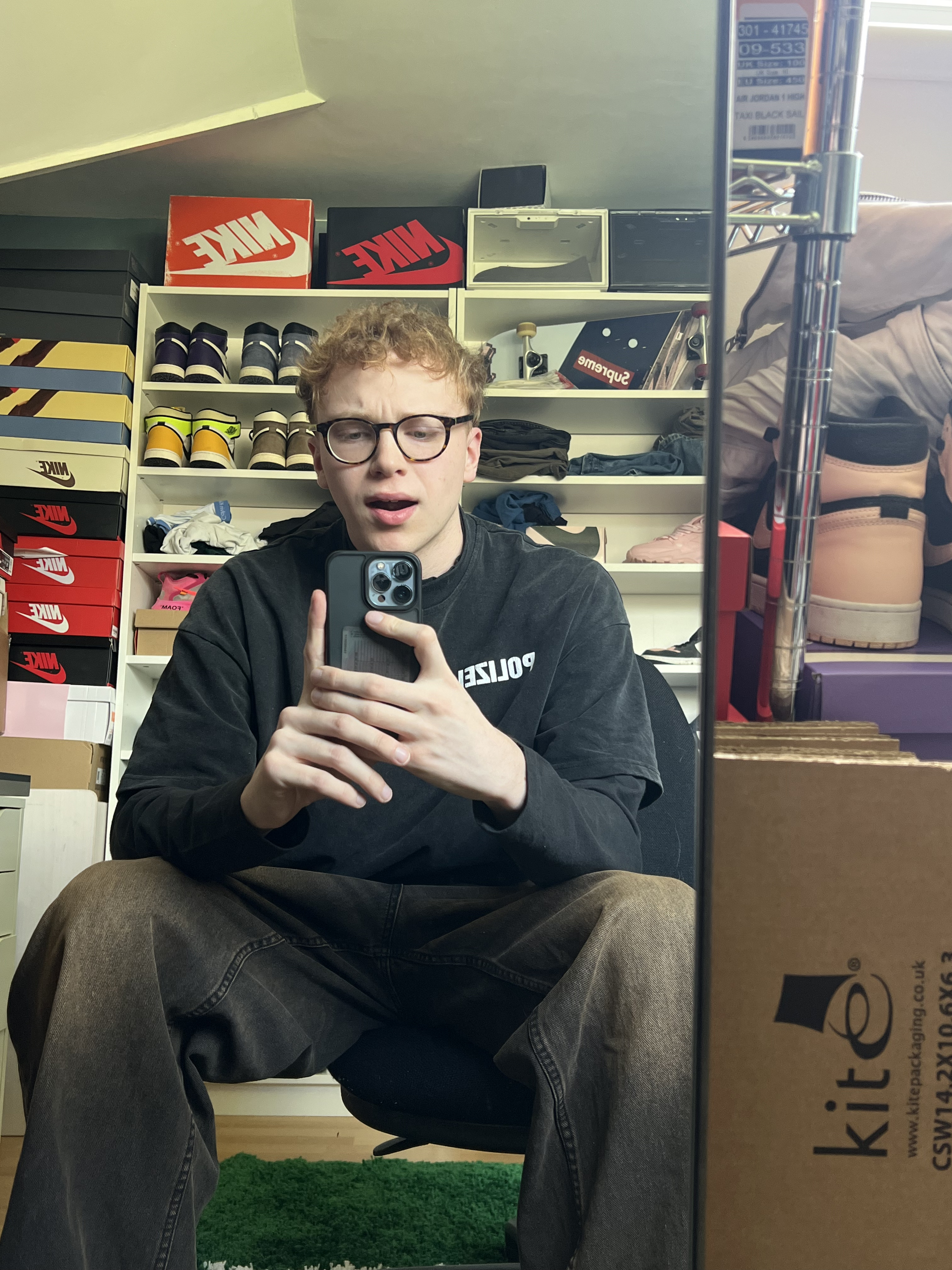
George Jefferson
Vinted Pro Seller and founder of Vinta.app, sharing expert insights on professional Vinted selling, tax compliance, and scaling your online business.
